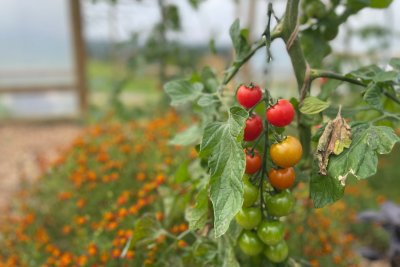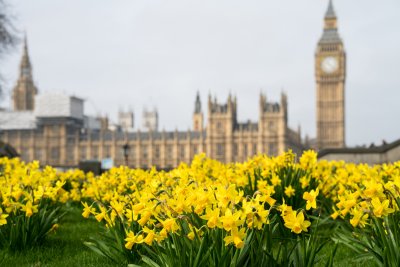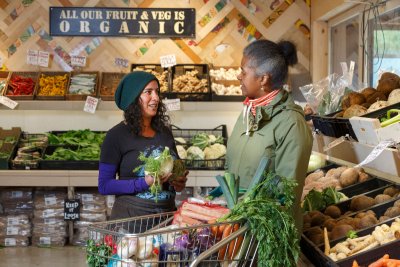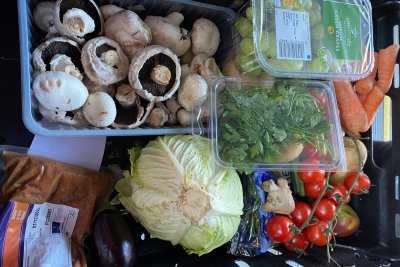News • Sustainable Farming Campaign
Retailers 'constrained by fear' over raising farmer wages
New research from Sustain member the Fairtrade Foundation shows that none of the major retailers want to be first to raise low farmer prices because they fear breaking Competition Law.
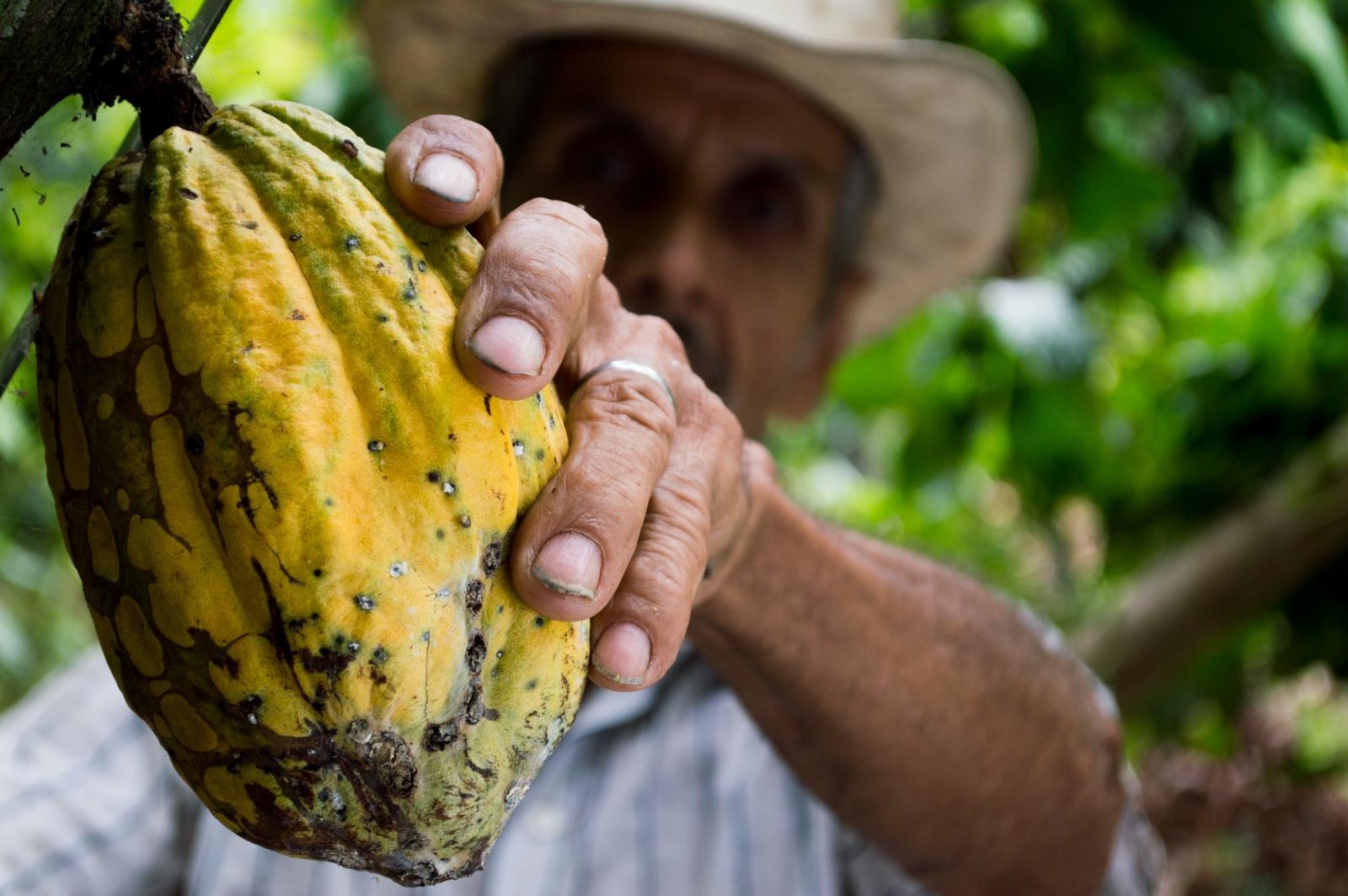
A perceived fear of breaking competition law coupled with fierce competition in the UK retail market is preventing businesses from improving low wages and incomes in their supply chains. This ensures that farmers who produce tea, cocoa and bananas suffer poor living conditions and an uncertain future - despite their goods contributing £34 billion to the UK economy.
The Fairtrade Foundation report investigates why, despite efforts and investment to make supply chains more sustainable, the industry has not come together to address the issue. The report’s conclusion is that the sector is constrained by fear.
Competition law includes important regulations to protect consumers from harmful practices such as price-fixing but it also restricts any collaboration between competitors in relation to prices paid to farmers or wages paid to workers within a supply chain.
The Fairtrade Foundation believe that there is a near unanimous message from the food industry that competition law is a barrier to taking collective action to tackle low farm-gate prices and wages. The research argues that collective action is required because businesses are afraid to act alone, due to the obstacle of first mover disadvantage.
A need to work together
The report recommends that the government calls on the Competition and Markets Authority (CMA) to issue clear guidance to private sector companies to allow them to work together to improve the incomes of farmers and workers in developing countries.
Michael Gidney, CEO Fairtrade Foundation says this needs to be done to improve the lives of the millions of farm workers behind our favourite groceries:
“We’re calling on the government to seize this appetite for collaboration from the sector and encourage the largest players in retail to address the most pressing issue affecting our supply chains - poverty prices.
“The alternative that Fairtrade offers consumers shows that companies can respond to public demands to do better and they don’t have to act alone. However, the UK will not be able to do its bit to end global poverty and achieve the sustainable development goals unless everyone works together. It is time for reform and for the Government and the CMA to step up and unblock these barriers.”
Evidence shows that without progress to bridge the income gap in agriculture, the number one goal of the United Nations’ Sustainable Development Goals ‘To end poverty in all its forms’ will not be achieved. In Côte d’Ivoire the average cocoa farmer earns less than £1 per day, well below the World Bank’s extreme poverty line of £1.40 per day. The Fairtrade Foundation argues that the UK Government, as one of the major drivers of the goals, has a responsibility to act.
This report is being published ahead of Fairtrade Fortnight, which will run from 25 February to 10 March, and marks the start of a three year campaign for Living Incomes to become a reality for farmers and producers around the world.
Published Wednesday 30 January 2019
Sustainable Farming Campaign: Sustain encourages integration of sustainable food and farming into local, regional and national government policies.


